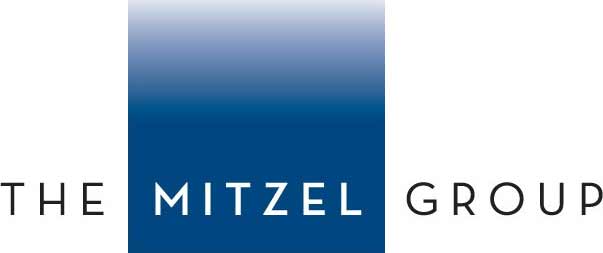If you’re using AI in employment hiring and decision making processes, take note. The legislature is making efforts to regulate the use of AI in employment decision making processes. The proposed California Civil Rights Council’s amended regulations under the Fair Employment and Housing Act (FEHA) explicitly govern how an employer may use automated decision systems (ADS) in employment based decisions. The initial regulation was intended to go into effect October 1, 2025, Governor Newsom vetoed the rule late last week.
While we don’t have a change yet, this effort is coming. The regulation would have covered systems and software that include any algorithmic or AI-based tools used to screen applicants, rank candidates, evaluate employees, or make disciplinary or pay decisions. Employers would have been liable if these systems have a disparate impact on a protected group, even if unintentional.
If you want to get ahead of the game and plan to use AI tools in your practices, think ahead and be ready for the inevitable twists and turns. Employers should identify all AI or algorithmic tools in use, assess potential risks of discrimination, and document mitigation steps. Be smart in negotiating your contracts with these providers as well. Put policies and safeguards in place so you can rebut and defend against any potential claims of bias. Train your employees how to use the software and help it get smarter. And be flexible that you will constantly need to change and upgrade your practices as we continue to learn more about AI and how it will affect us.
But at the end of the day, while humans have their own biases, it’s much easier to check a person at this point in the AI journey than to ensure your bot is assessing things fairly. Trusting your employees’ judgment is why we hire our employees so training them and entrusting them to hire with fairness in mind is still an important practice. In addition, retaining relevant data and decision logs for at least four years is required. Employers should update their equal employment opportunity policies, train hiring managers, and ensure that human review remains a core part of any employment decision influenced by AI. It’s an ongoing discussion of how AI will affect the workplace so keep your eyes and ears alert and get ready for an even swifter ride.

